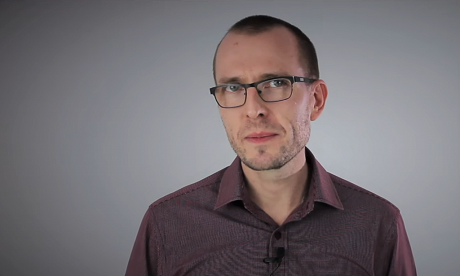In a first-ever appointment of its kind, a lay Catholic will represent the Church in Poland at the official opening of the synodal process next month.
The two-year synodal process is a consultative phase involving Catholic dioceses around the world.
Chosen by the Polish bishops’ conference president Archbishop Stanisław Gądecki, Professor Aleksander Bańka is the first lay person to represent the Church in Poland at an inaugural session.
He is one of 10 representatives from Europe at the official opening. The others include the president of the Council of European Bishops’ Conferences, two bishops and seven lay people.
The Vatican says immediately after its official opening in Rome next moth, the two-year “synodal path” will begin in dioceses throughout the world.
Continental assemblies will follow the diocesan consultations. The process will culminate in the October 2023 synod of bishops at the Vatican.
The synod theme is “For a Synodal Church: Communion, Participation, and Mission”.
The Synod of Bishops general secretary, Cardinal Mario Grech, says the synod has been transformed “from an event into a process.”
Bańka, a husband and father, works at the Institute of Philosophy of the Faculty of Humanities at the University of Silesia.
He specializes in the history of philosophy, the philosophy of religion and the intersection of philosophy and psychology with Christian spirituality.
One of his particular concerns is the decline in young Polish people’s participation in the Church.
“Often actions undertaken within the scope of the New Evangelization are taken tongue-in-cheek or even with hostility or as an oddity, clutter spreading, or cheap entertainment,” he wrote in an article in 2017.
“Often it is connected with some reluctance towards new communities and Church-renewal movements, which in some parishes are — speaking openly — unwelcomed or treated as an element of local parish color.”
“Potential hidden in these communities remains undiscovered and unused; it even happens sometimes that the laity organizing in a given community — mainly young people — are left to their own means.”
His experience includes serving as chairman of the Commission for the Laity during the second synod of the Archdiocese of Katowice.
Source
- Catholic News Agency
- Image: eKAI
